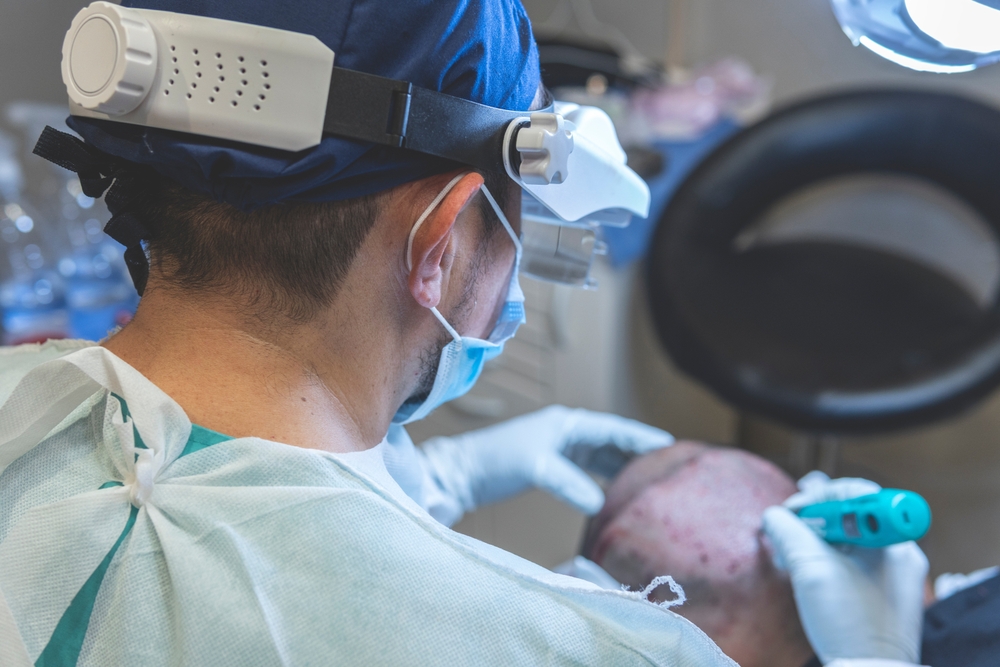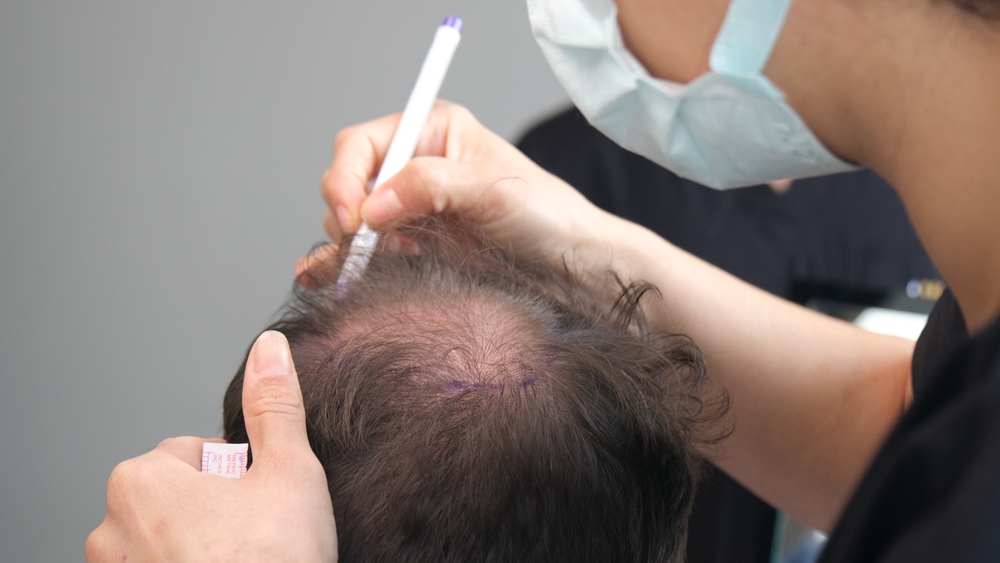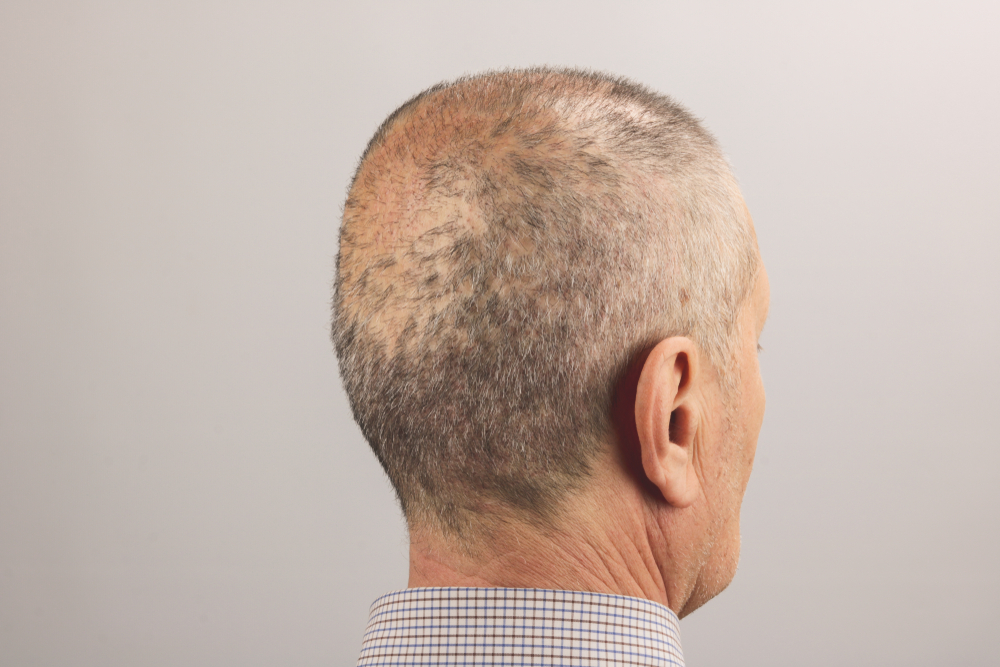If you continue to experience hair loss after a hair transplant, it can be a frustrating and disappointing experience. Hair transplant surgery is not a guaranteed permanent solution for hair loss, and its effectiveness depends on various factors, including the circumstances, the quality of the donor’s hair, the surgeon’s skill, and the chosen technique (such as FUE or FUT).
Here are some possible scenarios and reasons for ongoing hair loss after a hair transplant…
- Natural progression of hair loss – Hair transplant surgery can only address the areas of hair loss at the time of the procedure. If you have a genetic predisposition to male or female pattern baldness, you may continue to lose hair in unaffected areas over time. The transplanted hair should remain in place, but the surrounding native hair may continue to thin.
- Inadequate donor hair: If the surgeon didn’t have enough high-quality donor hair to cover all the areas of baldness effectively, you may experience ongoing hair loss in untreated areas.
- Progressive hair thinning: In some cases, the transplanted hair may also become thinner or miniaturized over time. This can happen due to the natural progression of hair loss or other factors.
- Medical conditions – Certain medical conditions or medications can contribute to ongoing hair loss, even after a successful hair transplant. Address any underlying health issues that may be causing or exacerbating hair loss.
- Poor post-operative care – Inadequate post-operative care and maintenance can impact the success of a hair transplant. Follow your surgeon’s instructions for aftercare, take prescribed medications, and protect the transplanted area from injury or sun exposure.
- Technical issues – The success of a hair transplant also depends on the surgeon’s skill and technique. If the surgery was not performed correctly or if there were complications during the procedure, it could result in suboptimal results.
- Unrealistic expectations – You may have unrealistic expectations about the outcomes of hair transplant surgery. Have a realistic understanding of what can be achieved through the procedure and to discuss your goals and concerns with your surgeon before the surgery.
If you continue to lose hair after a hair transplant, it’s advisable to consult with your hair transplant surgeon to determine the cause and explore potential solutions. Additional hair transplant procedures, non-surgical treatments like medications (e.g., minoxidil or finasteride), or lifestyle changes may be considered to address ongoing hair loss and maintain or improve the results of the initial transplant.





